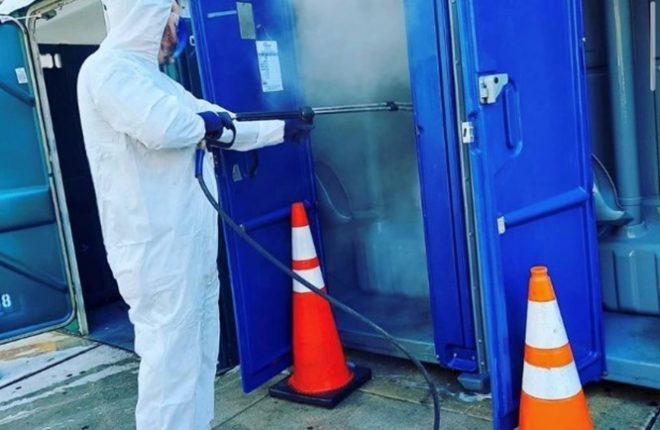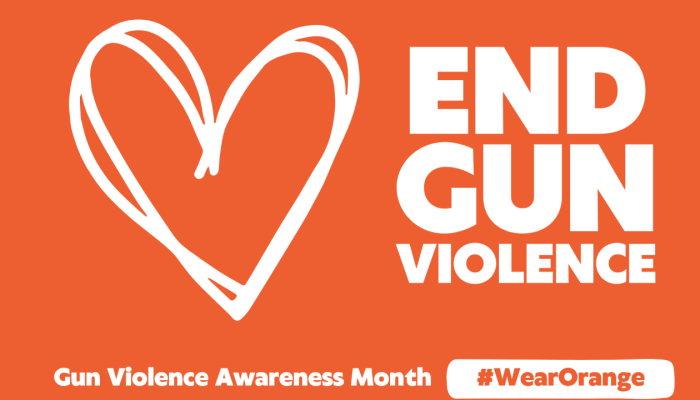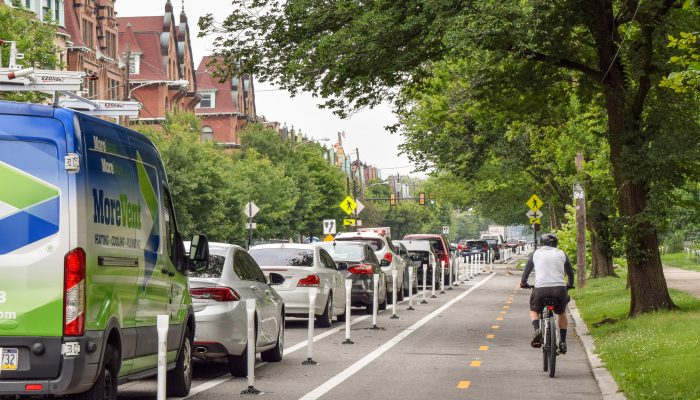Public restrooms exist to serve all members of the community and make public space accessible to all –this means ensuring that people from all ages, races, socio-economic backgrounds, and genders feel comfortable using the restroom. This public amenity makes public spaces more friendly for families, tourists, and businesses, as well as our community’s most underserved individuals. Public restrooms are an important community resource PDPH staff are working to expand to ensure access for all Philadelphians.
Seeds of change
In 2019, city officials declared a public health emergency due to a sharp uptick in new cases of Hepatitis A. According to the CDC, “Hepatitis A is a vaccine-preventable liver infection caused by the hepatitis A virus (HAV). HAV is found in the stool and blood of people who are infected. Hepatitis A is very contagious. It is spread when someone unknowingly ingests the virus.” The increase largely effected people who use drugs (about 67% of new cases) as well as people experiencing homelessness (about 25% of new cases). The outbreak also had a significant effect on those who are incarcerated or recently released from a correctional facility. This increase in Hep A, as well as increased 311 calls reporting human waste in public places, signaled a need for action by City officials.

Initial response
In September of 2019, as part of the City’s response to the Hepatitis outbreak, and the need for public restrooms to mitigate the outbreak, the City installed restroom trailers along Kensington Ave, at Monmouth and Somerset Streets. In spring of 2020, the City’s COVID-19 Stay-at-Home order ed to the closure of many restrooms available to the public. In response, another trailer was then installed in Center City, at 16th and JFK Boulevard as part of the City’s response to the COVID-19 pandemic.
Due to operational issues, growing maintenance costs, and public works projects in areas where the trailers were located, the trailers were replaced by porta-potties by the end of 2020. In 2021, two porta-potties were installed in McPherson Square Park, adding to the neighborhood’s stock of public restrooms. It soon became clear that public restrooms were an ongoing need for the community. This led to the City exploring options for permanent public restrooms. In September of 2021 PDPH hired their first Public Restroom Specialist (PRS).
What is a Public Restroom Specialist?
When you hear the title, Public Restroom Specialist, you probably think of a custodian or maintenance worker who only works to clean and maintain public restrooms. Due to the complex needs of populations effected by the Hepatitis A outbreak and COVID-19 pandemic, the Health Department’s Substance Use Prevention and Harm Reduction Division looked to hire two individuals who are not only capable of maintaining restrooms, but also simultaneously engaging the community through the lens of harm reduction and meeting folks where they’re at.
In September of 2021, Matthew Fitzpatrick, BSW, was hired as the Health Department’s first PRS. Matt’s background in family therapy, as well as his experience as a maintenance worker and custodian provided a solid foundation of skills for the job. About a month later, Jason Whittle joined the PRS team. His experience as an Overdose Prevention Specialist at Prevention Point, providing mobile MOUD (medication for opioid use disorder) services, and his own decade long journey of recovery served to create a well-rounded two person PRS team. By the end of October, the PRS team was servicing a total of 7 public-porta potties in Kensington and Center City, as well as engaging in harm reduction practices with individuals across the city.
Trials and tribulations
The four porta-potties that the PRS team were servicing in Kensington were removed due to operational difficulties. This left the community having to rely on just a few porta-potties at Prevention Point. The PRS team decided to begin doing Bio-Cleanups to try to keep the streets clean and prevent another outbreak of Hepatitis A. Between November 2021 and March 2022, the PRS team conducted about 90 Bio-Cleanups across the city, in which they removed human waste and cleaned up syringes in areas that presented a high risk of Hepatitis A infection. The team also used this opportunity to connect with people who use drugs and provide outreach materials.
Eventually, it became clear that the human waste issue was not going away and that the team needed to advocate for an expansion of public restroom availability.

Personal takeaways
Conducting Bio-Cleanups provided the team with some unique opportunities to connect with community members who are regularly affected by the need for public restrooms. “They come down here and use the street as a bathroom,” said a local business owner in Kensington, whose business is near an area with high concentrations of people on the street, many of whom use drugs and are unhoused. In speaking with the owners of this business, the team explored their thoughts on the overdose crisis and the state of Kensington. They expressed empathy for those who are experiencing issues with substance use and homelessness but felt frustrated by seeing human waste most days when opening the doors to their business. This conversation exposed the nuance related to how the overdose crisis has affected the lives of nearly everyone in Philadelphia in some shape or form.
“These conversations are invaluable and provide insight into the needs of the entire community. It’s conversations like this that help you understand that just because someone is frustrated with the state of their community, doesn’t mean that folks can’t have empathy for those struggling on the street,” said Matt when asked about how his interactions with community members.
When asked what aspects of the job were most valuable to him, Jason explained that “connecting with people feels more genuine in this role than in other more outwardly official positions, as people are more likely to let their guard down and speak candidly about their experiences and needs. This allows us to connect with folks, form ongoing relationships, and provide assistance in a way that respects the individual’s autonomy.”
All in all, the team has been able to utilize their appearance as restroom and street cleaners to connect with individuals on the street, people who live in the neighborhood, as well as business owners. In many ways, these interactions are what drive the work that they do, according to Jason and Matt.
What’s next
Matt’s efforts to expand public restrooms aren’t specific just to porta-potties. He is also involved with a broad, city-wide effort to expand permanent public restrooms in Center City. The Health Department’s vision is that providing a clean, safe, and accessible public restroom to Center City will lead to further expansion of permanent public restrooms across the city. Currently, the PRS group is working with Mural Arts Philadelphia to host pop-up events around the Municipal Service Building and Love Park to engage the community about public restrooms. Matt will also be collaborating with Community Engagement and Assessment Specialist Dominique McQuade to determine how a public restroom could best serve the unhoused population in Center City. Once this restroom is installed, Matt will be responsible for cleaning and maintenance, as well as engaging with folks who access the restroom to provide harm reduction supplies and education and ensure the public’s satisfaction with the unit.





